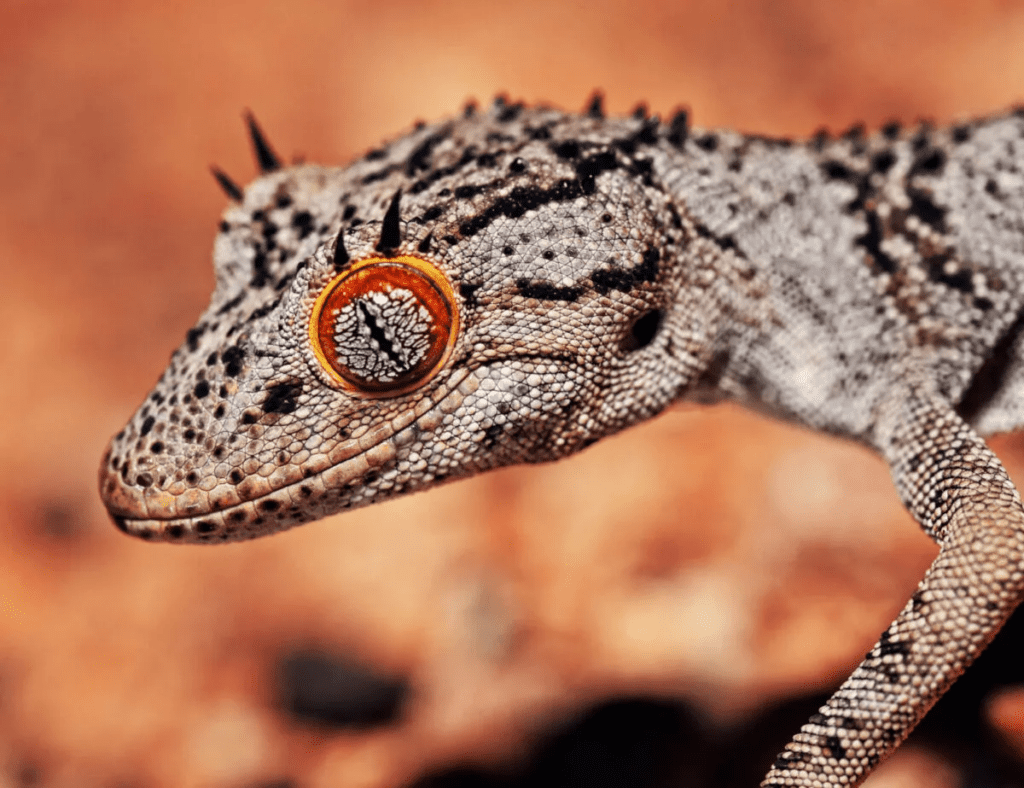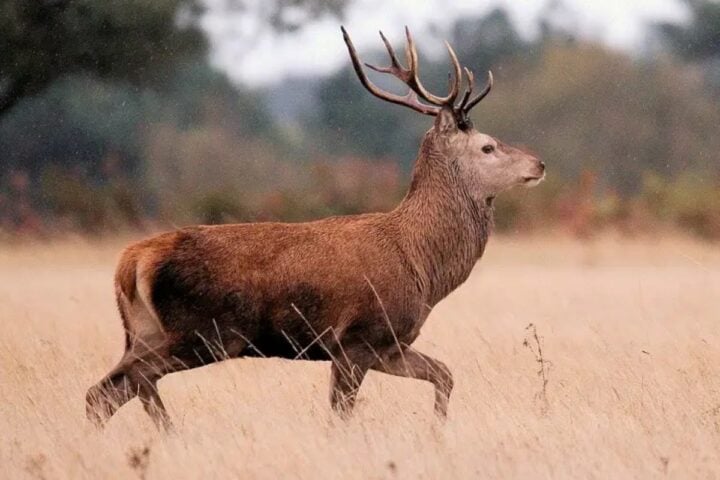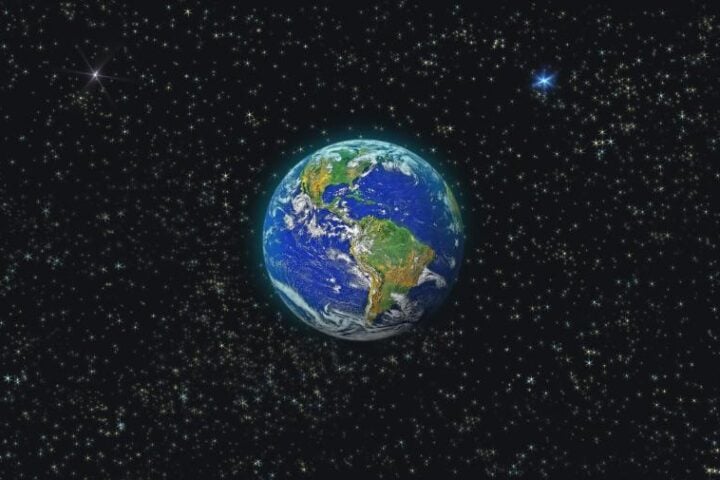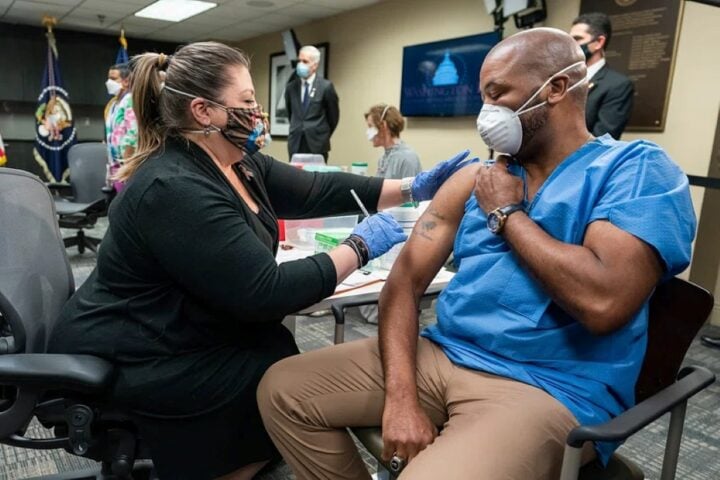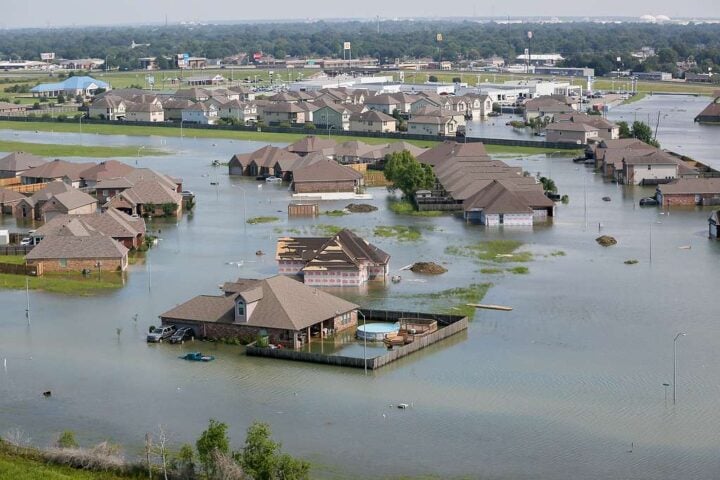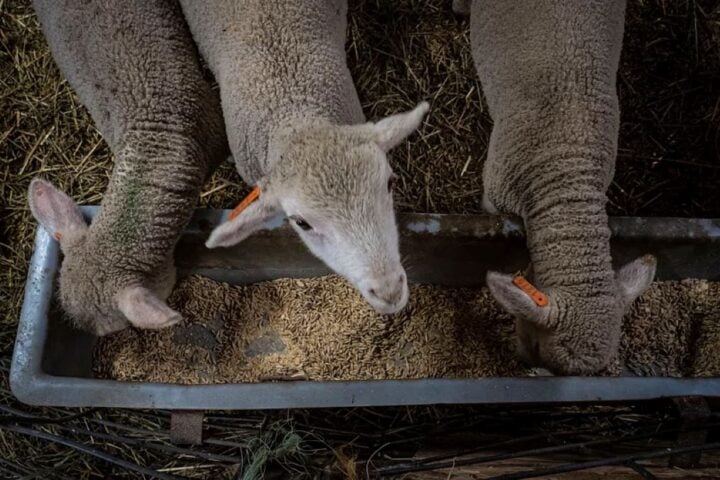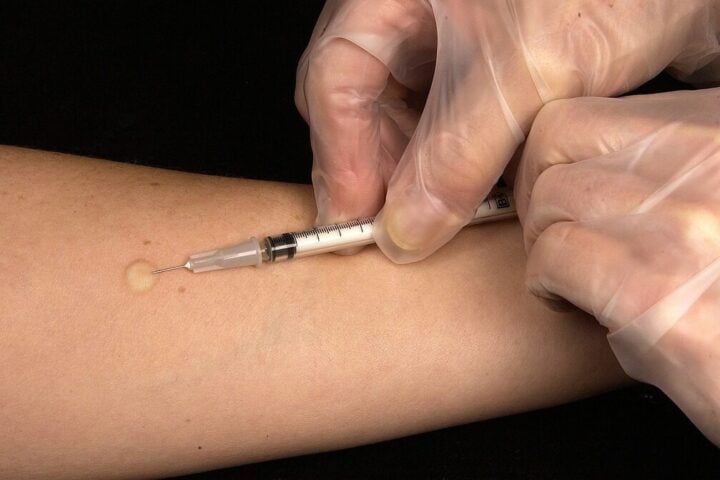The Australian government is pushing the curb on illegal trade of wildlife internationally. Australia’s Environment Minister Sussan Ley has added 127 native reptile species to the Convention on International Trade in Endangered Species of Wild Flora and Fauna (CITES) treaty. CITES is responsible for the crackdown on many illegal trades like ivory, shark fins and even exotic animals. CITES has notified the government that 127 reptile species will appear on a formal list by the middle of this year.
The listings, part of CITES Appendix III, will now require Australia to report imported animals to better track the trade. “Sadly, our reptiles have become a major international target, and while I stress very clearly that it is already a crime under Australian law to export these animals without specialized permits, this listing will secure additional international support for their protection,” Ley said, as reported by The Guardian.
The spiny-tailed gecko, shingleback lizard and several blue-tongue lizard species are among the reptiles that the environment minister Sussan Ley has listed for inclusion under the Convention on International Trade in Endangered Species of Wild Flora and Fauna (CITES). The unique features and colours of Australian reptiles make them highly sought after globally and a target for wildlife smugglers and illegal traders who have been advertising the animals online via trade websites and other platforms, including Facebook .
“The illegal trade in reptiles is often cruel, where live animals are bound with tape and stuffed into socks or small containers before being shipped abroad with no food or water,” said Alexia Wellbelove, a senior campaign manager at Humane Society International. “Many do not survive the journey. This listing is another weapon in our arsenal against the illegal international trade of live reptiles.” The reptiles will appear under appendix three of the convention, meaning that countries will have to report imported animals to help Australia track the trade.
CITES has notified the government that 127 species will appear on a formal list by the middle of this year. Ley said it represented one of the biggest listings of any signatory to the convention since it came into force in 1975. A total number of 183 countries signed up to the treaty guarantee to ensure all import and export of species covered by the Convention are subject to strict controls, including authorisation through a unique licensing system.
